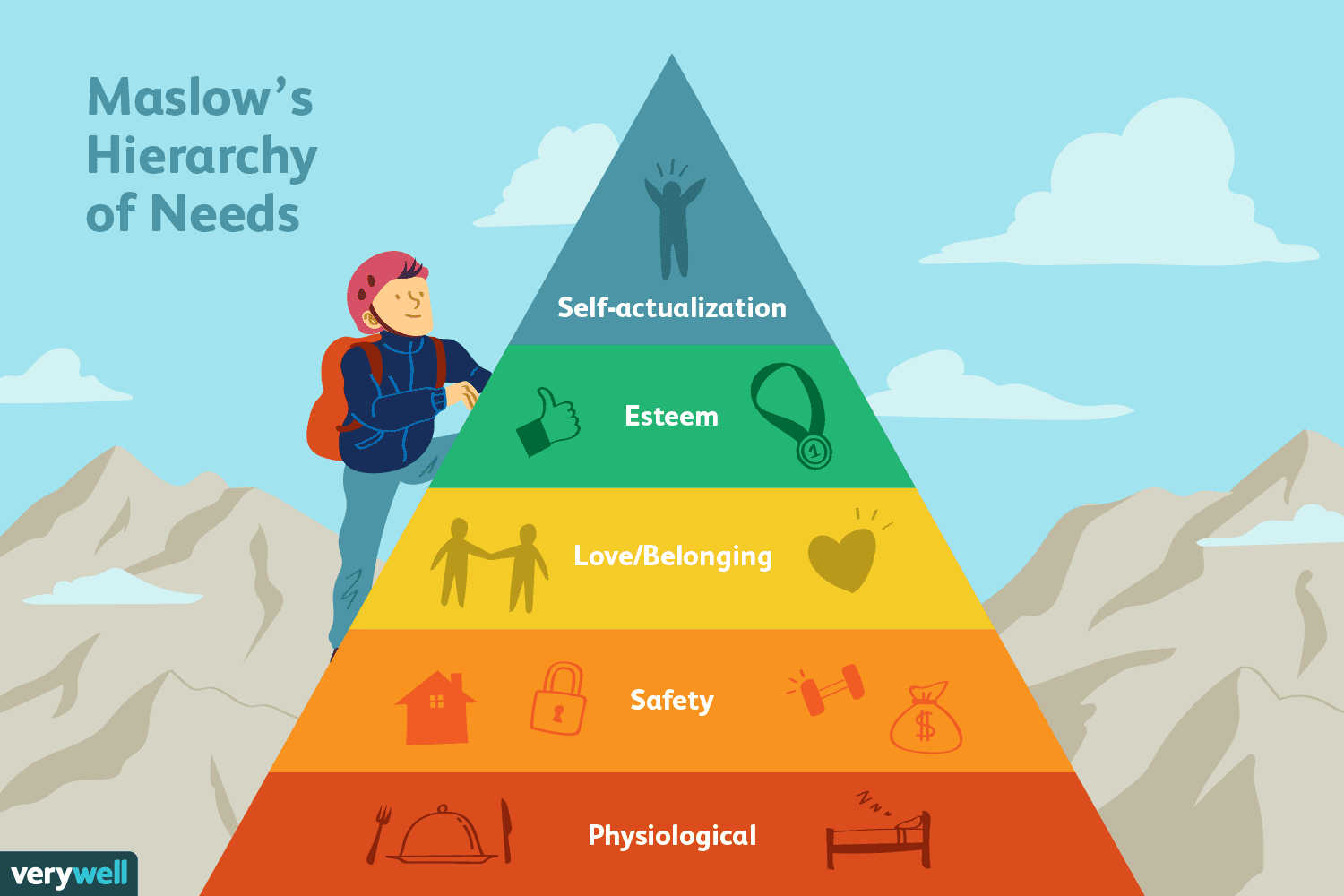
Maslow’s Hierarchy of Needs: Self-Assessment for Software Engineers
Leadership in engineering management is more than just overseeing tasks and projects. It involves understanding the fundamental needs of your team members and creating an environment where they can thrive. One powerful tool to achieve this is Maslow’s Hierarchy of Needs. This framework helps identify different levels of needs that must be met for individuals to reach their full potential. For software engineers, addressing these needs can significantly enhance both personal well-being and professional performance.
Maslow’s Hierarchy of Needs is typically represented as a pyramid with five levels: Physiological Needs, Safety Needs, Social Needs, Esteem Needs, and Self-Actualization. As an engineering manager, you can use this model to help your team members self-assess their needs and create a supportive work environment.
1. Physiological Needs
Physiological needs are the basic necessities for survival, such as food, water, and shelter. In the workplace, this translates to a comfortable environment where employees can focus on their work without physical discomfort.
Self-Assessment Questions for Software Engineers:
- Do I have a comfortable and ergonomic workspace that supports long hours of coding and problem-solving?
- Am I taking regular breaks to prevent burnout and avoid working excessive hours that could lead to fatigue?
- Do I have access to healthy snacks or meals during my workday to maintain my energy levels and concentration?
How an Engineering Manager Can Support:
- Ensure that workspaces are ergonomically designed to prevent strain and injury.
- Encourage regular breaks and establish a culture that discourages excessive overtime.
- Provide access to healthy snacks or meals, or promote a healthy eating culture.
2. Safety Needs
Safety needs go beyond physical safety and encompass job security, a stable work environment, and freedom from excessive stress or harassment.
Self-Assessment Questions for Software Engineers:
- Do I feel secure in my job, understanding my role and expectations clearly?
- Is my work environment free from harassment, bullying, or excessive stress?
- Do I feel safe to speak up, share ideas, or ask for help when I encounter challenges?
How an Engineering Manager Can Support:
- Foster a transparent communication culture where roles, expectations, and job security are clearly articulated.
- Actively prevent and address any form of harassment or bullying in the workplace.
- Create a supportive environment where team members feel comfortable voicing concerns or asking for help.
3. Social Needs
Social needs involve feeling a sense of belonging and being part of a team. For software engineers, this means having strong relationships with colleagues and feeling included in the team’s social dynamics.
Self-Assessment Questions for Software Engineers:
- Do I feel like I am an integral part of the team and have strong, supportive relationships with my colleagues?
- Are there opportunities for me to connect with my team socially, beyond just work-related interactions?
- Do I feel included and valued during team discussions and decision-making processes?
How an Engineering Manager Can Support:
- Promote team-building activities and social events to strengthen team bonds.
- Encourage inclusive practices where everyone’s input is valued and considered.
- Facilitate regular check-ins and informal gatherings to build camaraderie and trust among team members.
4. Esteem Needs
Esteem needs focus on the desire for respect, recognition, and a sense of accomplishment. In the software engineering field, this could mean acknowledgment of one’s work, professional growth opportunities, and respect from peers.
Self-Assessment Questions for Software Engineers:
- Do I feel that my contributions and achievements are recognized and appreciated by my team and managers?
- Am I provided with opportunities to grow professionally, such as learning new technologies or leading projects?
- Do I feel respected and valued for my unique skills and contributions to the team?
How an Engineering Manager Can Support:
- Recognize and celebrate achievements regularly, both big and small, to boost morale and motivation.
- Provide opportunities for professional development, such as training, workshops, or conferences.
- Foster a culture of respect where contributions are valued, and individual strengths are acknowledged.
5. Self-Actualization Needs
Self-actualization is about reaching one’s full potential and finding personal fulfillment through one’s work. For software engineers, this might involve working on challenging projects, having opportunities for innovation, and aligning work with personal values.
Self-Assessment Questions for Software Engineers:
- Am I working on projects that challenge me intellectually and allow for creativity and innovation?
- Do I have opportunities for personal growth, such as exploring new interests or developing new skills?
- Do I feel that my work aligns with my personal goals, passions, and values?
How an Engineering Manager Can Support:
- Assign projects that align with individual interests and strengths to maximize engagement and creativity.
- Encourage innovation by allowing time for exploration and experimentation within projects.
- Support career development and personal growth initiatives, helping team members align their work with their personal and professional goals.
Conclusion
By understanding and applying Maslow’s Hierarchy of Needs, engineering managers can create a work environment where software engineers feel supported, valued, and motivated. Encouraging team members to self-assess their needs using this framework allows for a more personalized approach to leadership, fostering a culture of growth, well-being, and excellence.
Encourage your team to regularly reflect on these needs and provide feedback on how you, as a manager, can help them thrive. By doing so, you can build a stronger, more resilient, and more satisfied engineering team.